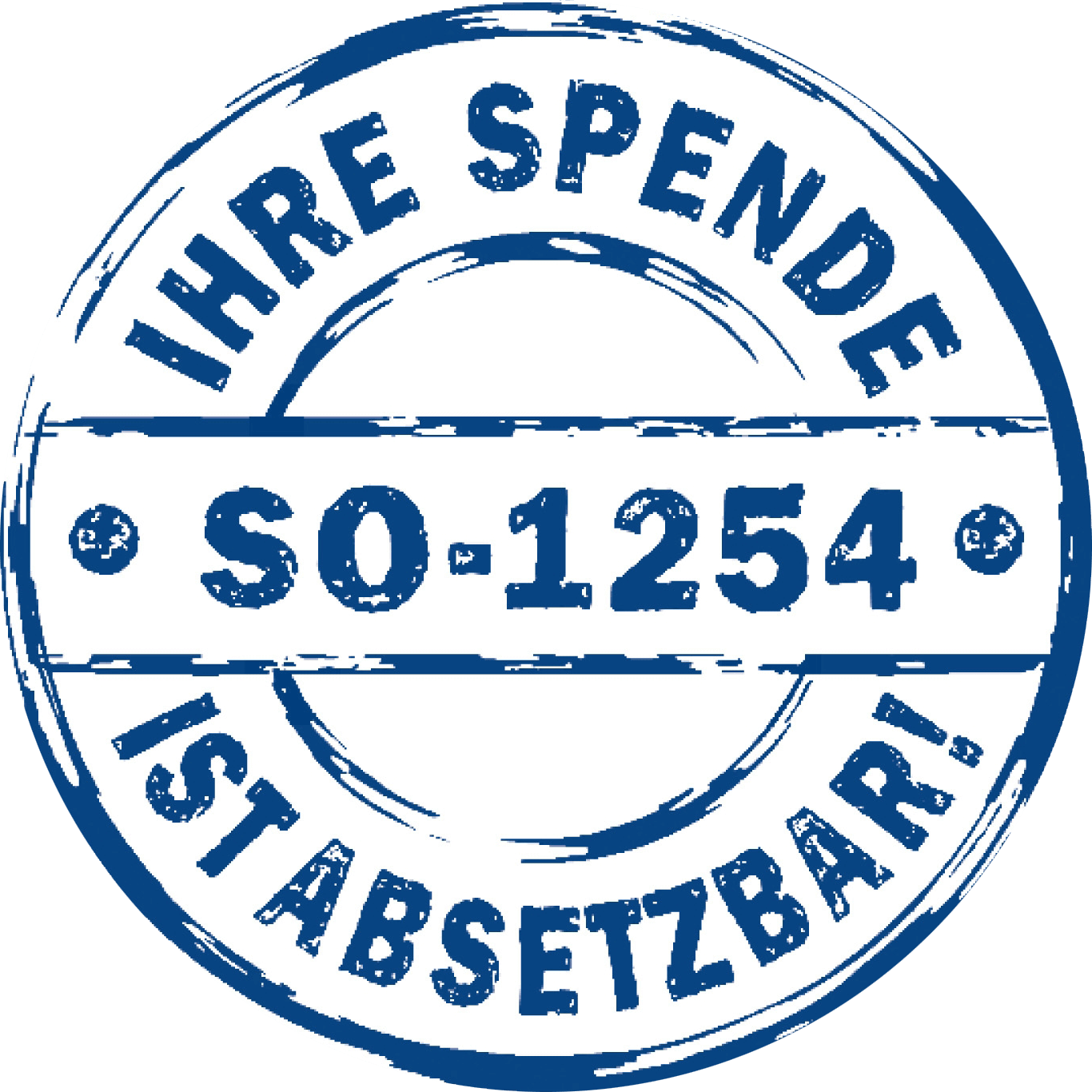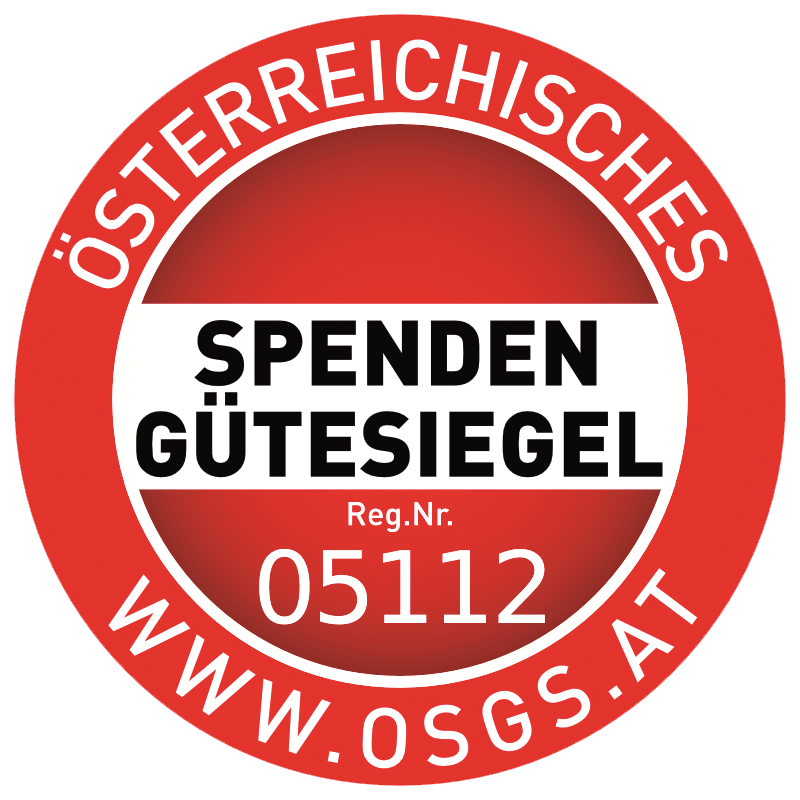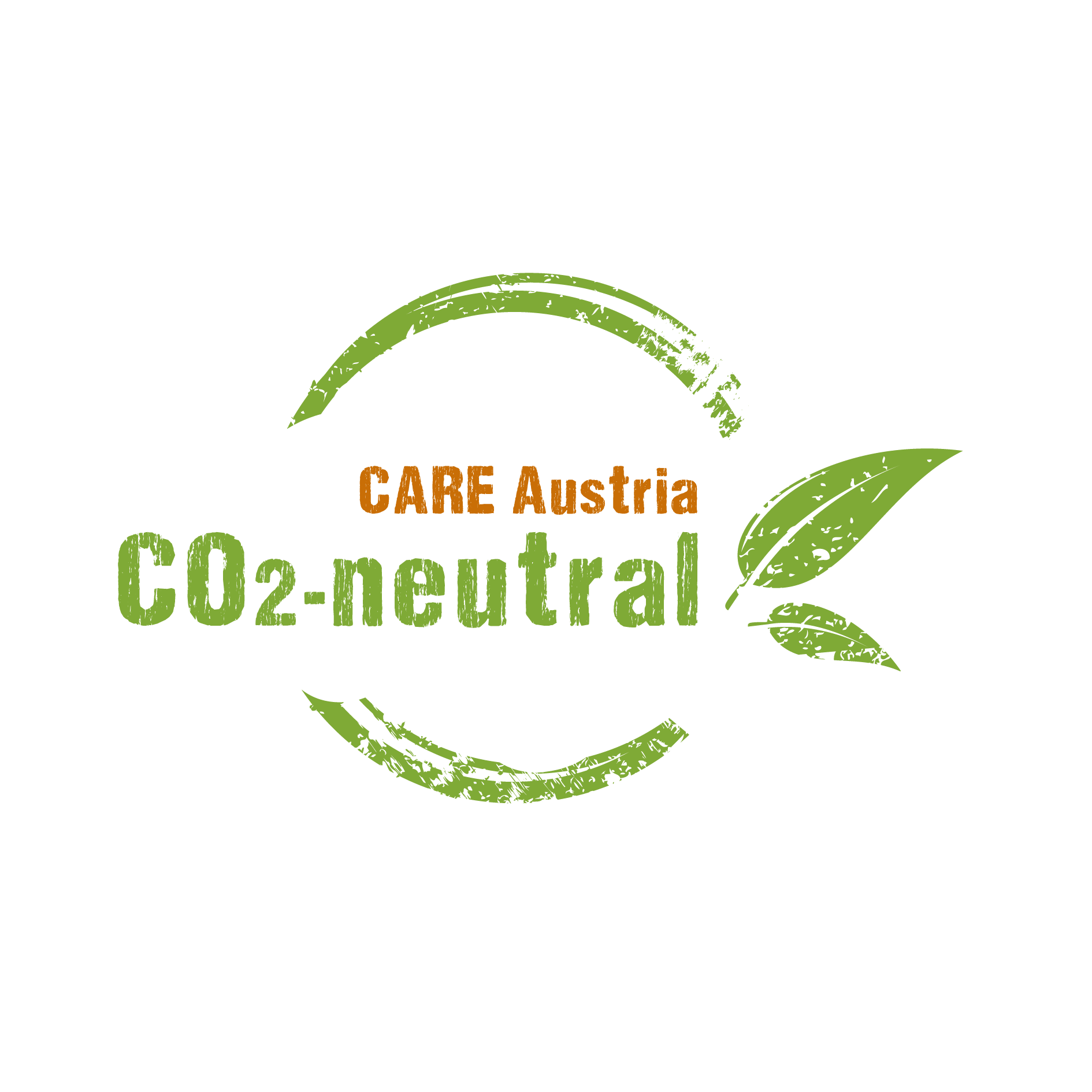Jordan: Education and Protection for Syrians and vulnerable Jordanians – JOR945
The conflict in Syria, which has forced over 13 million people to flee their homes, has entered its second decade. According to the 2020-2022 Jordan Response plan, Jordan hosts over 1.36 million Syrian refugees. Nearly half (49.3%) are female, 46.9% are 17 or younger, and 4.8% are older than 60. Some 83% of refugees live outside of camps in urban areas. The majority of Syrian refugees live in Amman, followed by Mafraq, Irbid, and Zarqa.
85% (over 500,000) of refugees in Jordan and 15% of Jordanians (over 1 million) lived below the poverty line before the COVID-19 crisis. COVID-19 has exacerbated needs amongst vulnerable communities in Jordan, and an additional 1.5 million Jordanians, and 760,000 Syrians have become
newly poor because of the pandemic. The unemployment rate in Jordan has increased to 32.8% for women and 22.6% for men in the fourth quarter of 2020.
Barriers to employment and income generation are gendered and multi-layered, and particularly affect women, refugees, and youth for whom opportunities are scarce. Economic marginalization, increases protection risks including gender-based violence (GBV), CEFM (Children, Early, Forced Marriage), and Child Labour.
Overall Objective
Reduced vulnerability and increased resilience of refugee and host community women, girls, men and boys to recover from the protracted Syrian crisis and COVID-19 pandemic.
Specific Objectives
1) To improve access to protection services, and improved mental health and emotional wellbeing of Syrian refugees and Jordanians.
2) To increase access to education, improved engagement, and performance of children at risk of being Out of School (OOS).
3) To increase access to livelihood opportunities for families receiving cash assistance, to increase self-reliance and contribute to combat OOS.
4) Through engagement in self-care activities, improve the ability of CARE’s staff employees to support targeted populations.
Expected Results
1) People, including those with psychosocial problems, improve their social and emotional wellbeing.
2) Reduced protection risks, and improved social and emotional learning competencies of children at risk of OOS.
3) Targeted households recipients of Conditional Cash Assistance and livelihoods support are able to protect and start rebuilding livelihood assets.
4) CARE’s staff improved their self-care awareness and stress management skills that are important to avoid burnout.
Main Activities
- Conduct Case Management sessions for targeted households to determine their needs, risks, and vulnerabilities.
- Design the referral plan and conduct the internal and external referrals.
- Access cases for closure.
- Identify and select the participants of psychosocial support activities (including non-structured, semi-structures and structured).
- Conduct recreational activities and awareness raising for targeted participants.
- Conduct peer-to-peer group sessions.
- Conduct Social and Emotional Learning (SEL) focused psychosocial support (PSS) with parents (and their children).
- Identify and select Conditional Cash for Protection and Education (CCPE) beneficiaries.
- Distribute conditional cash assistance to CCPE beneficiaries during the scholastic year.
- Follow up with schools and caregivers on students‘ attendance to school and academic performance.
- Provide Academic support to participant children.
- Conduct SEL focused PSS with children.
- Conduct vocational training programs for Syrians and Jordanians.
- Distribute Start up kits to the participants of the vocational training program.
- Conduct small business development training for Syrians and Jordanians.
- Mobilize community members to form Village Savings and Loan Association (VSLA) groups.
- Support VSLA groups through at least one cycle.
- Distribute financial grants to the participants of the small business development training program.
- Conduct self-care activities for front-line staff, including team building, stress management, and individual consultation sessions.
Location
Amman, Mafraq, Irbid and Zarqa (including Azraq town)
Beneficiaries
1,560 beneficiaries and their families
Total Budget
€ 1,320,000
Donors
This project is funded by the Austrian Development Agency (ADA).
Duration
15.8.2021 – 31.12.2022
Project Reports and Assessments
This project contributes to the following sustainable development goals (SDGs):










